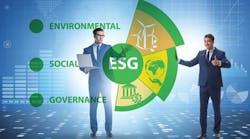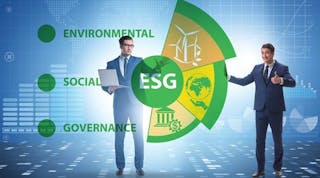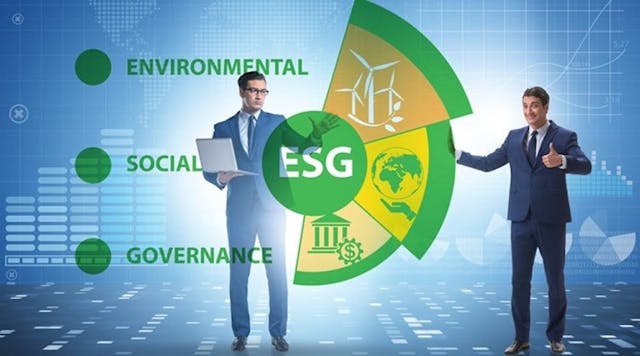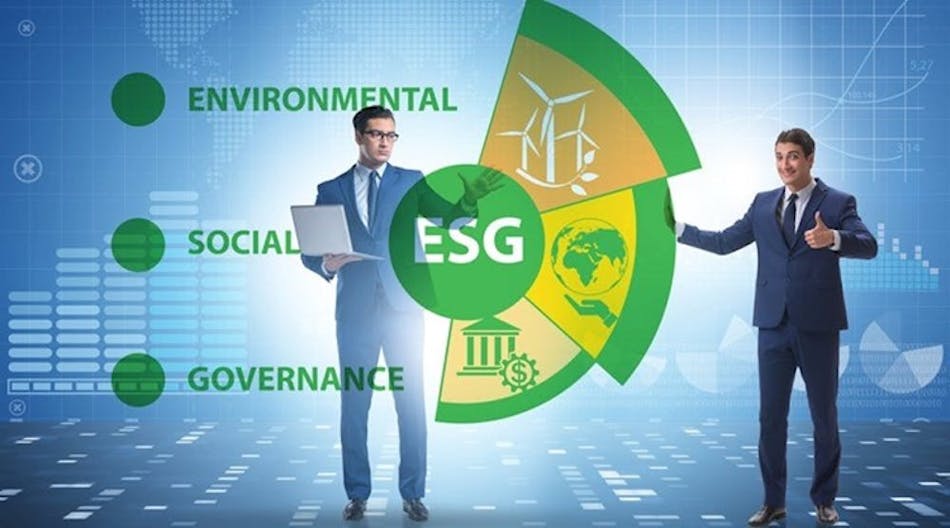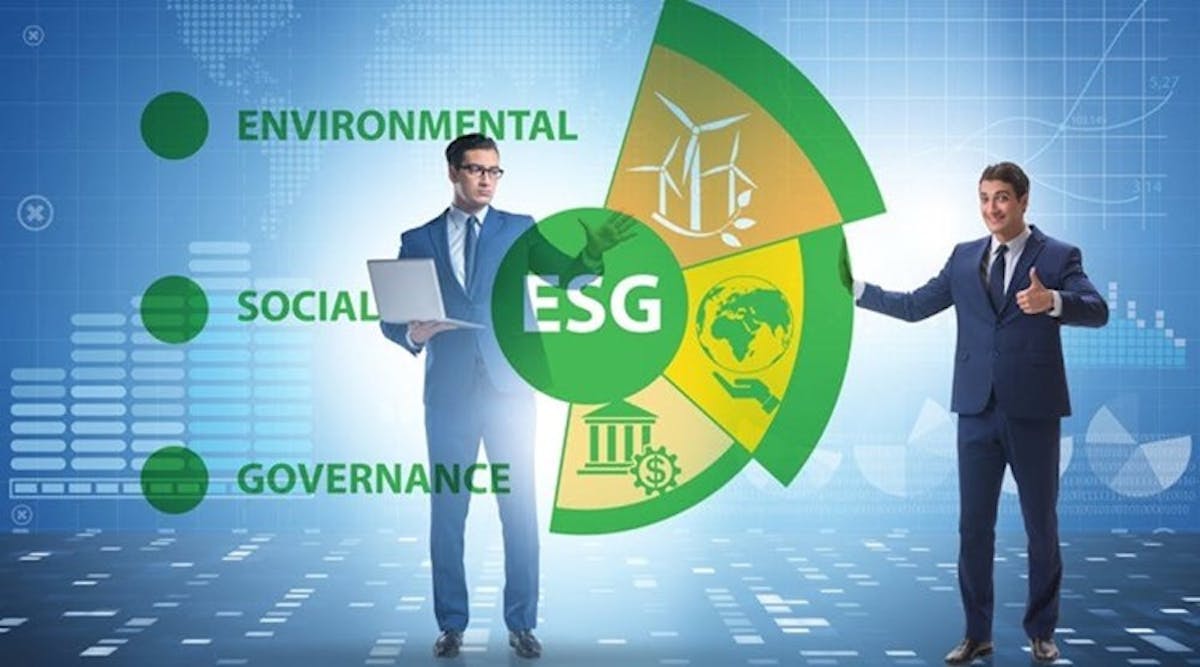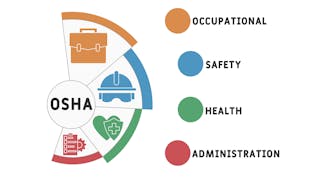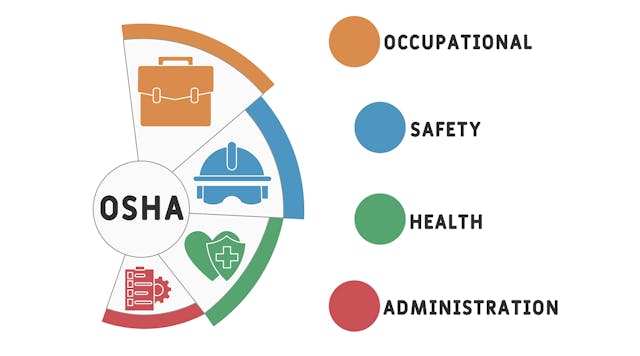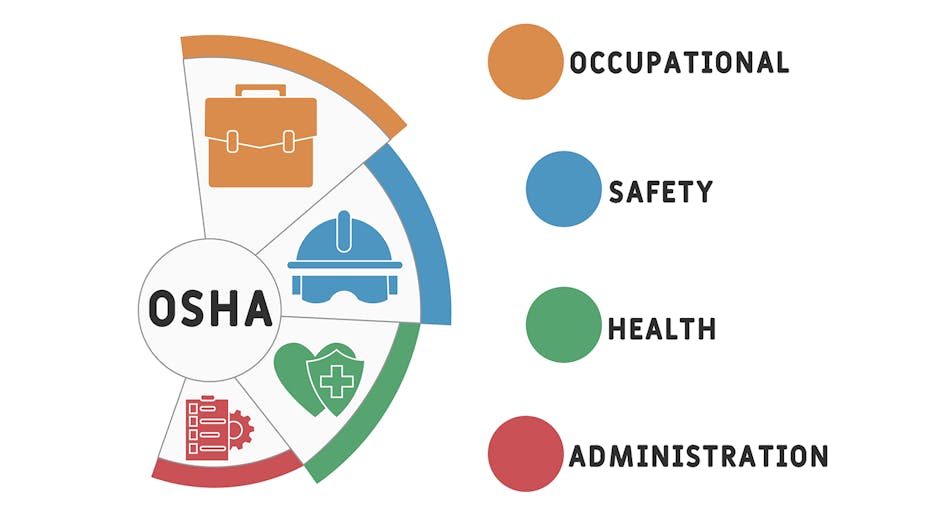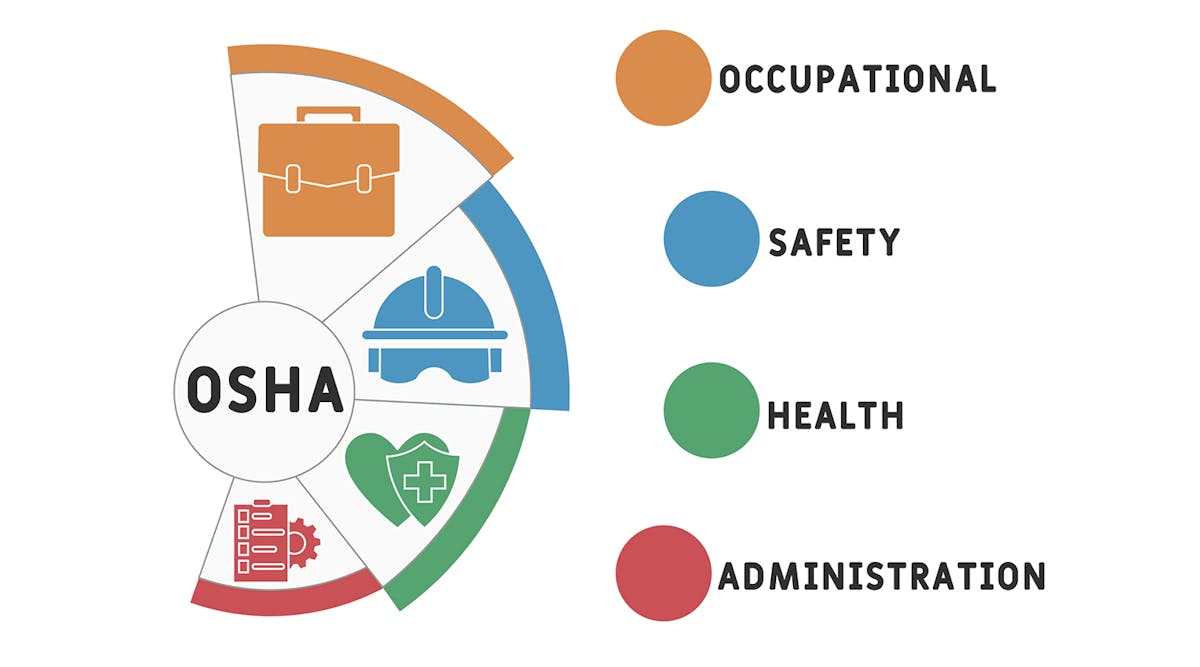To understand how ESG activities impact companies, EcoVadis and Bain & Company looked at 100,000 companies that are tracked by EcoVadis, 95% of which are privately-held companies.
The research tracked a number of aspects of sustainability and ESG such as :
- setting ESG targets
- tracking results
- embedding sustainability into management processes
- procuring sustainably
- putting in place programs to reduce carbon and improve diversity, equity, and inclusion
The research found that in addition “to benefiting the planet and society, ESG activities have no strong negative correlations with financial outcomes; in fact, they are associated with encouraging revenue growth and EBITDA margins. Our findings indicate that positive ESG outcomes are a trait of successful companies and that sustainability measures correlate with better financial performance.”
Companies with strong ESG activities produce strong ESG outcomes, the report notes. “They improve carbon emissions, use renewable energy, and have more diverse leadership and talent. Working together like the gears of a pocket watch, these activities correlate with improvement in financial and operational results, including higher profitability and revenue growth, customer satisfaction, and employee satisfaction.”
They suggest companies, no matter where they are in their ESG journey take these step:
- First, understand where you are in your ESG journey. Companies and investors can use materiality assessments and benchmarking to identify gaps with ESG leaders in their industries and determine what’s needed to bridge them.
- For companies early in their ESG work, it makes sense to start by building ESG capabilities in-house. This entails a focus on the social aspects of ESG, including training managers on best practices for employee health and safety, selecting a data management tool to build ESG data transparency, and ensuring that basic governance standards on issues like corruption and bribery are in place. This is also the moment when investors and companies can set ESG targets to engage their organizations in their sustainability journeys.
- More advanced companies can engage their supply chain on ESG goals, use ESG to differentiate their product, and focus on the aspects of ESG that are most material in their industry. These will often be environmental issues, such as lowering the carbon footprint, including Scope 3 emissions in that calculation, and developing product circularity.
